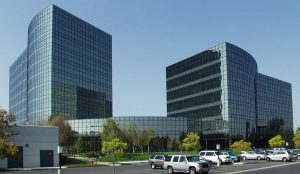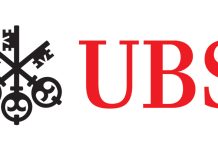
By Barry Saywitz | Special to the NB Indy
In today’s current real estate environment, real estate prices for both residential and commercial real estate are at an all-time high. In
most sectors, prices are at or exceed those levels which were achieved at the height of the last real estate cycle in 2007 before the economic downturn.
As the stock market continues to climb and reports of the overall economy continue to forecast growth and expansion, what does this mean for the average real estate investor who purchased either residential or commercial investment property? What should his/her strategy be?
For those investors who have either owned real estate for some time or acquired it during the downturn of the recession, they have seen significant gains in the value of their property over the past several years. With interest rates still low, demand extremely high and availability for good product extremely limited, this makes for a seller’s market and an excellent opportunity for an investor to sell their real estate at an attractive figure.
For those investors in the residential environment who have purchased either homes for rent or apartment buildings, we have seen cap rates for the apartment market, especially in the coastal areas, at all time low rates. This combined, with significant housing demand for rental units, creates increased value in multifamily properties.
Sellers with low rental rates can sell to a buyer who can then raise the rent to achieve a higher return. Sellers who have properties with deferred maintenance or who have not done remodeling can sell to a new owner who can make the needed improvements, which would allow them to increase the rents. Investors who purchased homes for rent can then sell to a buyer where there is limited inventory and high demand. In all of these scenarios, it allows for the investor to cash out at what should be an exceptional return.
The same holds true for the commercial markets for industrial, medical and office space. Rents in all of those sectors have continued to increase dramatically as vacancy rates remain extremely low.

With inventory for prime properties to purchase still limited, a potential buyer in today’s market will have few choices to invest their money and even fewer if they are not interested in spending significant time or money to rehab or improve what may be an older or dilapidated property. All of these factors produce increased demand and the results of that are significant activity, multiple offers on available properties and quick sales as a result.
A dilemma will arise for the selling investor: what to do with the proceeds and the money they have now made from their investment?
For those who are of retirement age and looking to cash out, the answer is simple: They will take the money, pay their taxes and put those funds toward retirement. However, for those looking to reinvest, they are faced with a real challenge.
With interest rates on the rise and expected to continue, investing in the bond market and other money market funds provides a real challenge with limited return on the investment. With no definitive change in sight for capital gains in the short term, a selling investor must then look at purchasing alternative real estate to reinvest their money to avoid paying taxes.
The process seems very simple: sell a property at a high number and then take a profit and buy something larger with the proceeds. The difficulty becomes finding another property with any reasonable return. This investor now becomes the buyer who is again faced with limited opportunities and minimal returns.
The smart investor will attempt to identify an exchange property in advance of selling his initial property. In many situations, this is just not the case as the market is moving too quickly without the ability to perform. A seller may not entertain an offer from someone who has not already closed their previous transaction. This is a simple example of the chicken and the egg and presents investors with significant challenges.
The age-old scenario of “buy low and sell high” makes perfect sense unless investors are in a hot market, in which case they will sell high and buy high. In today’s market, make sure a plan of attack is in place, ready to be executed.
Barry Saywitz is president of The Saywitz Company, a national commercial real estate brokerage, investment and consulting firm, headquartered in Newport Beach. For additional information visit saywitz.com.




